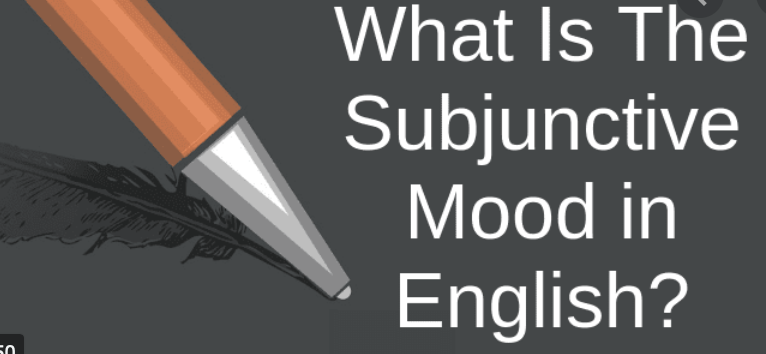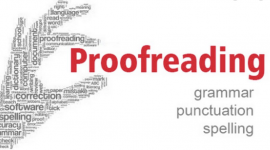22 Apr
2021
The oft-neglected subjunctive – it’s important that we be aware of it
Unlike many European languages, the subjunctive mood is relatively rare in English. Nonetheless, if you’re wanting your written English to be flawless, it’s definitely worth understanding the appropriate use of the subjunctive.

Consider the following:
If I were you, I wouldn’t lend him money.
If your brother were here, he would back me up.
In the case of the first and third person singular, together with the past tense of the verb to be, the subjunctive mood is used – so the sentences above are correct. The reason is that in both cases the conditional is unlikely or impossible – I am not you and never could be; your brother is clearly not here. In these situations were is used in place of was.
As is often the case with popular culture, California Dreamin’ (as just one example) has this wrong:
I’d be safe and warm,
If I was in LA…
Whenever there is an unlikely, or impossible condition, then we should use the subjunctive. The singer/writer is apparently not in LA, so it should be:
I’d be safe and warm,
If I were in LA…

Now let’s take another look at our headline.
You might wonder why it wouldn’t say: “It’s important that we are aware of it.”
The subjunctive strikes again!
In the present tense, the subjunctive takes the base form of the verb (omitting the final ‘s’ in the third person singular,) therefore, we have ‘be’ for the present tense of the verb ‘to be.’ See also:
It’s crucial that you be there on time.
It’s vital that he attend the interview.
It’s necessary that I be part of this discussion.
It’s essential that they cease this kind of advertising.

So, if you really want to impress your readers, show that you know how to correctly use the subjunctive!






